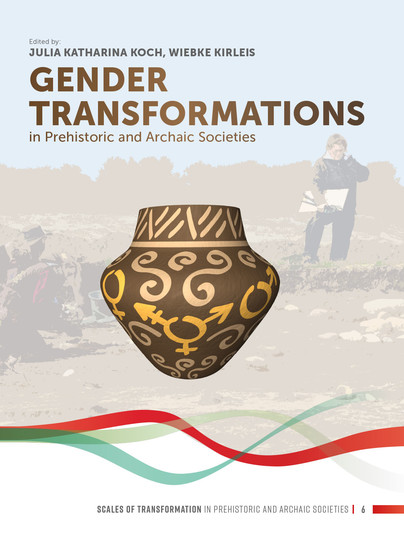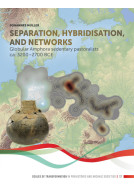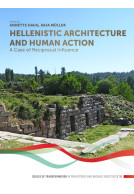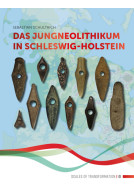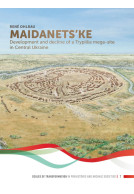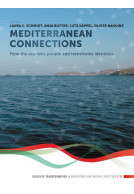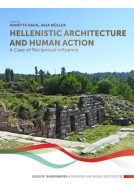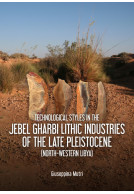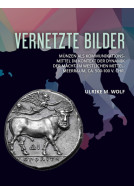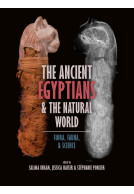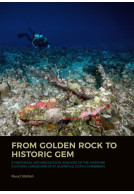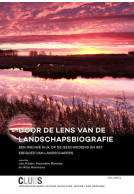Gender Transformations in Prehistoric and Archaic Societies (Paperback)
Imprint: Sidestone Press
Series: Scales of Transformation
Pages: 500
ISBN: 9789088908217
Published: 17th December 2019
Script Academic & Professional
Series: Scales of Transformation
Pages: 500
ISBN: 9789088908217
Published: 17th December 2019
Script Academic & Professional
You'll be £65.00 closer to your next £10.00 credit when you purchase Gender Transformations in Prehistoric and Archaic Societies. What's this?
+£4.99 UK Delivery or free UK delivery if order is over £40
(click here for international delivery rates)
Order within the next 10 hours, 47 minutes to get your order processed the next working day!
Need a currency converter? Check XE.com for live rates
(click here for international delivery rates)
Order within the next 10 hours, 47 minutes to get your order processed the next working day!
Need a currency converter? Check XE.com for live rates
In which chronological, spatial, and social contexts is gender a relevant social category that is noticeable in the archaeological material? How can transformations in social gender relations and identity be recognized archaeologically? Is the identity of prehistoric people defined by gender? If so, what is the accompanying cultural context? What about gender equality among the scientists working in archaeology? In what degree are research teams, as well as their scientific approaches, biased today?
These and other burning questions are intensively discussed in this volume, which comprises 25 contributions presented at the international workshop ‘Gender Transformations in Prehistoric and Archaic Societies’, organised by the Collaborative Research Centre 1266 of Kiel University funded by the German Research Foundation (DFG). The workshop offered a platform to discuss a broad range of approaches on the inter-dependencies between gender relations and socio-environmental transformation processes.
Beyond a focus on the archaeology of women, gender archaeology offers a variety of possibilities to reconstruct the contribution of social groups differentiated e.g. by age, gender, and activities related to cultural transformation, based on the archaeological material. Thus, this volume includes papers dealing with different socio-economic units, from south-western Europe to Central Asia, between 15,000 and 1 BCE, paying particular attention to the scale of social reach. Since gender archaeology, and in particular feminist archaeology, also addresses the issue of scientific objectivity or bias, parts of this volume are dedicated to equal opportunity matters in archaeological academia across the globe. This is realised by bringing together feminist and female experiences from a range of countries, each with its own specific individual, cultural, and social perspectives and traditions.
The papers are organised along three central topics: ‘Gendering fieldwork’, ‘Tracing gender transformations’, and ‘Gendering and shaping the environment’. By gendering the archaeological discussion on transformation processes, the contributions aim to more firmly embed gender-sensitive research in the archaeological agenda, not just in Europe, but world-wide.
Other titles in the series...
Other titles in Sidestone Press...







